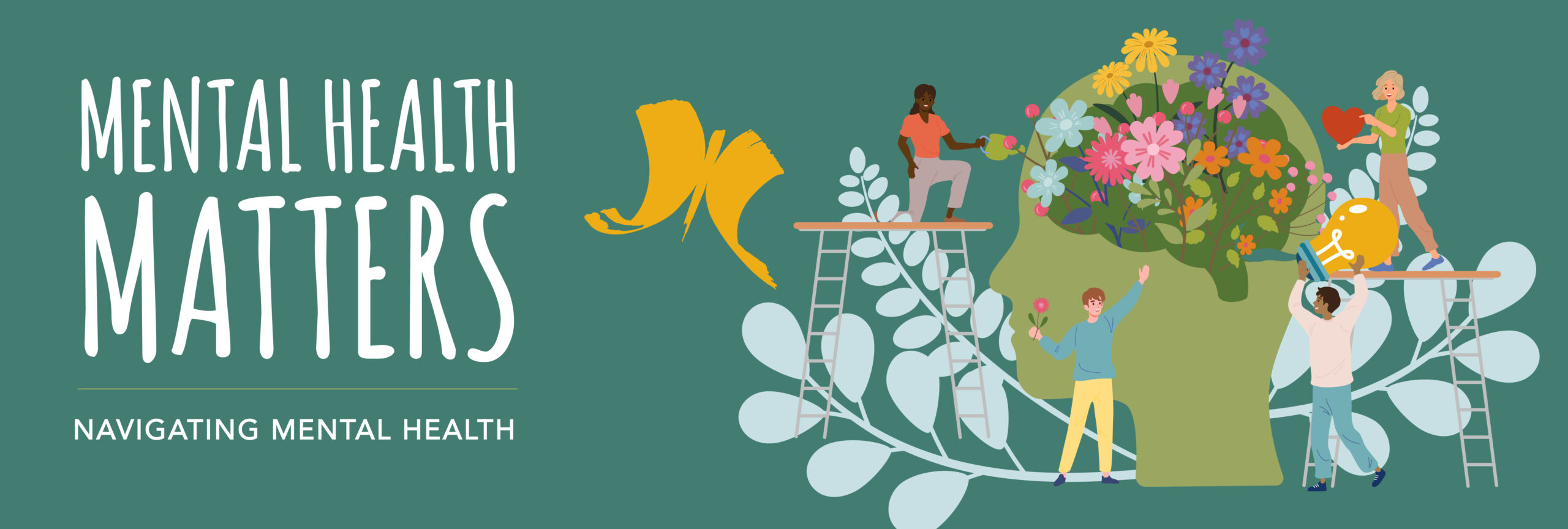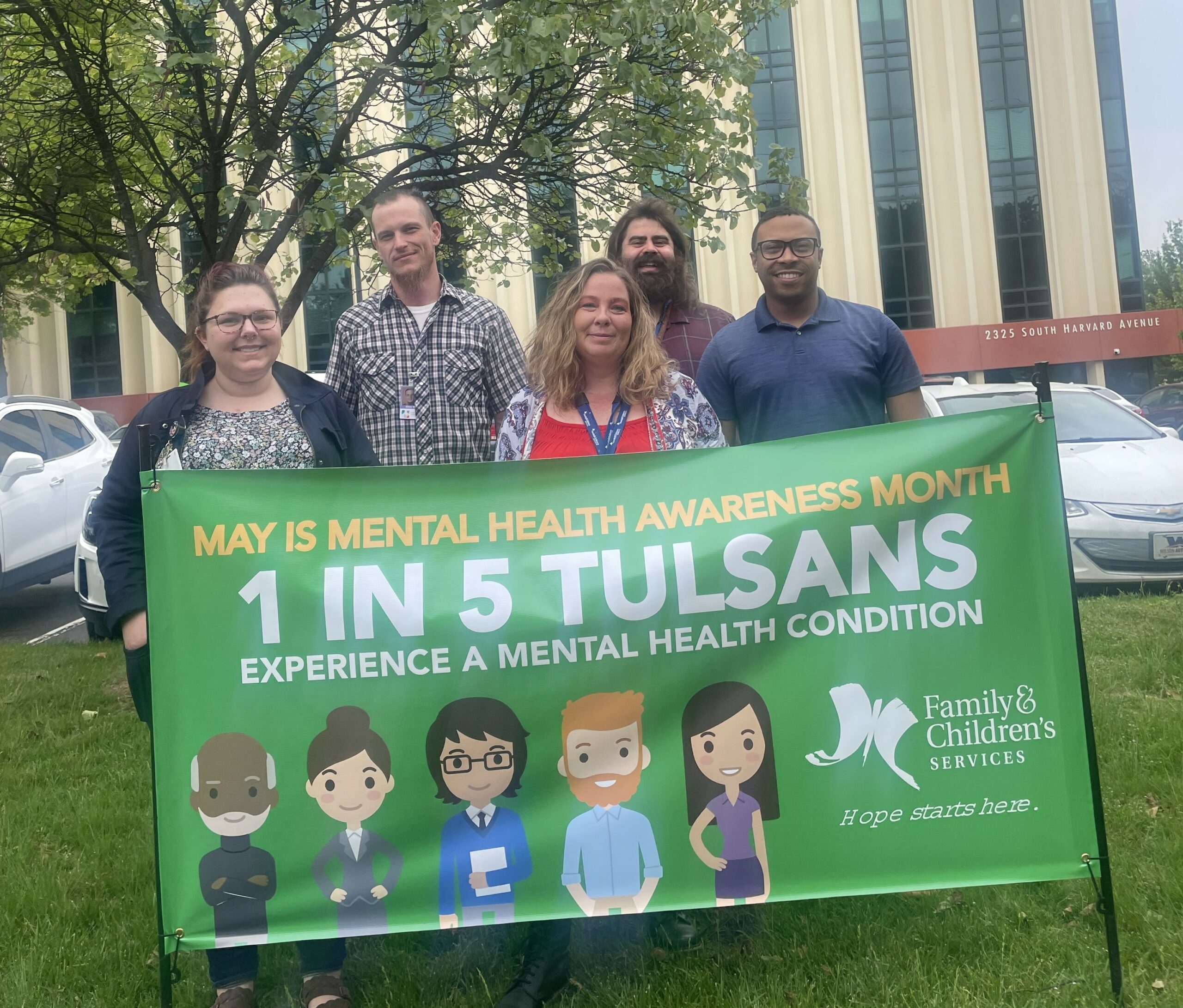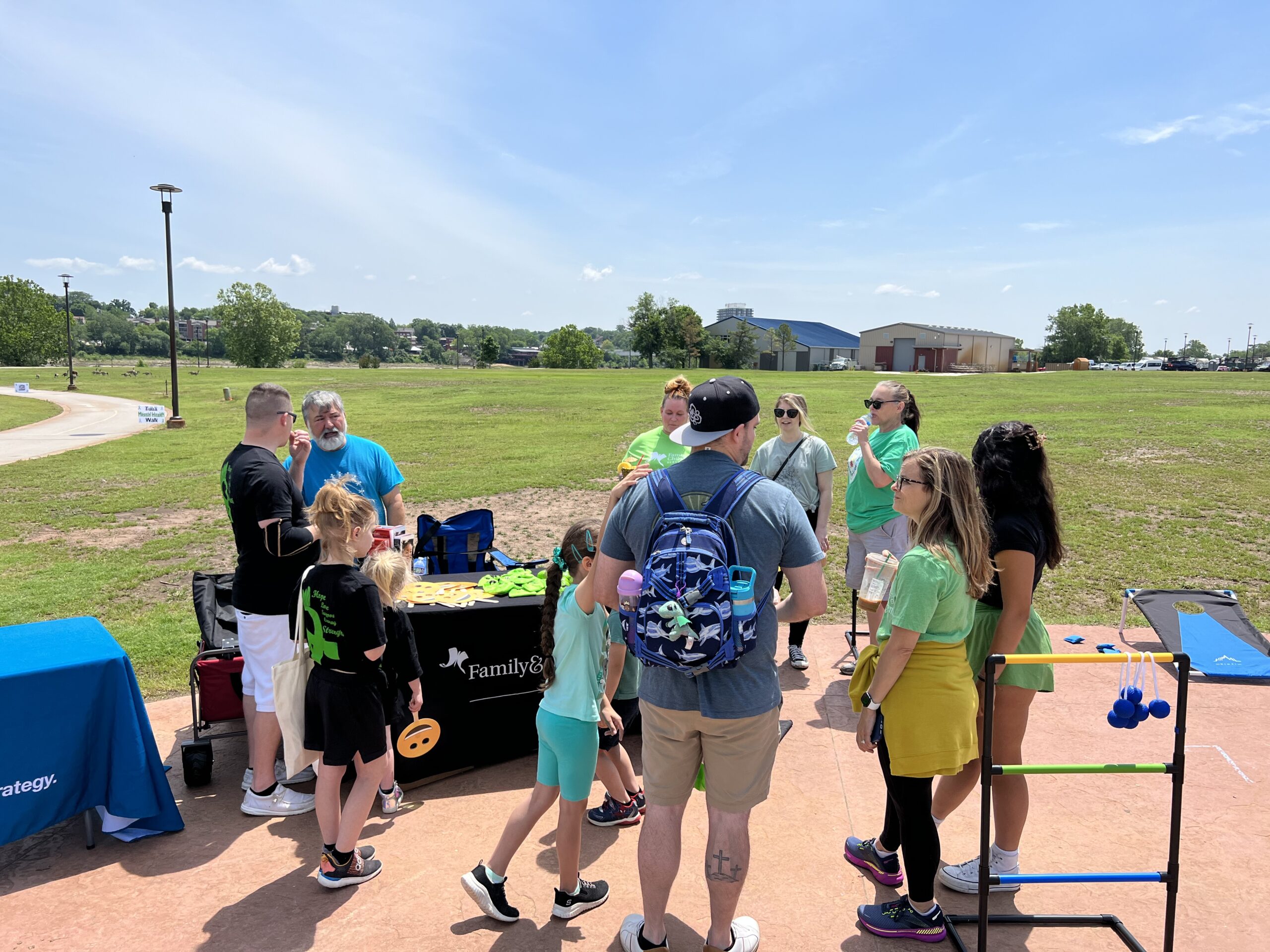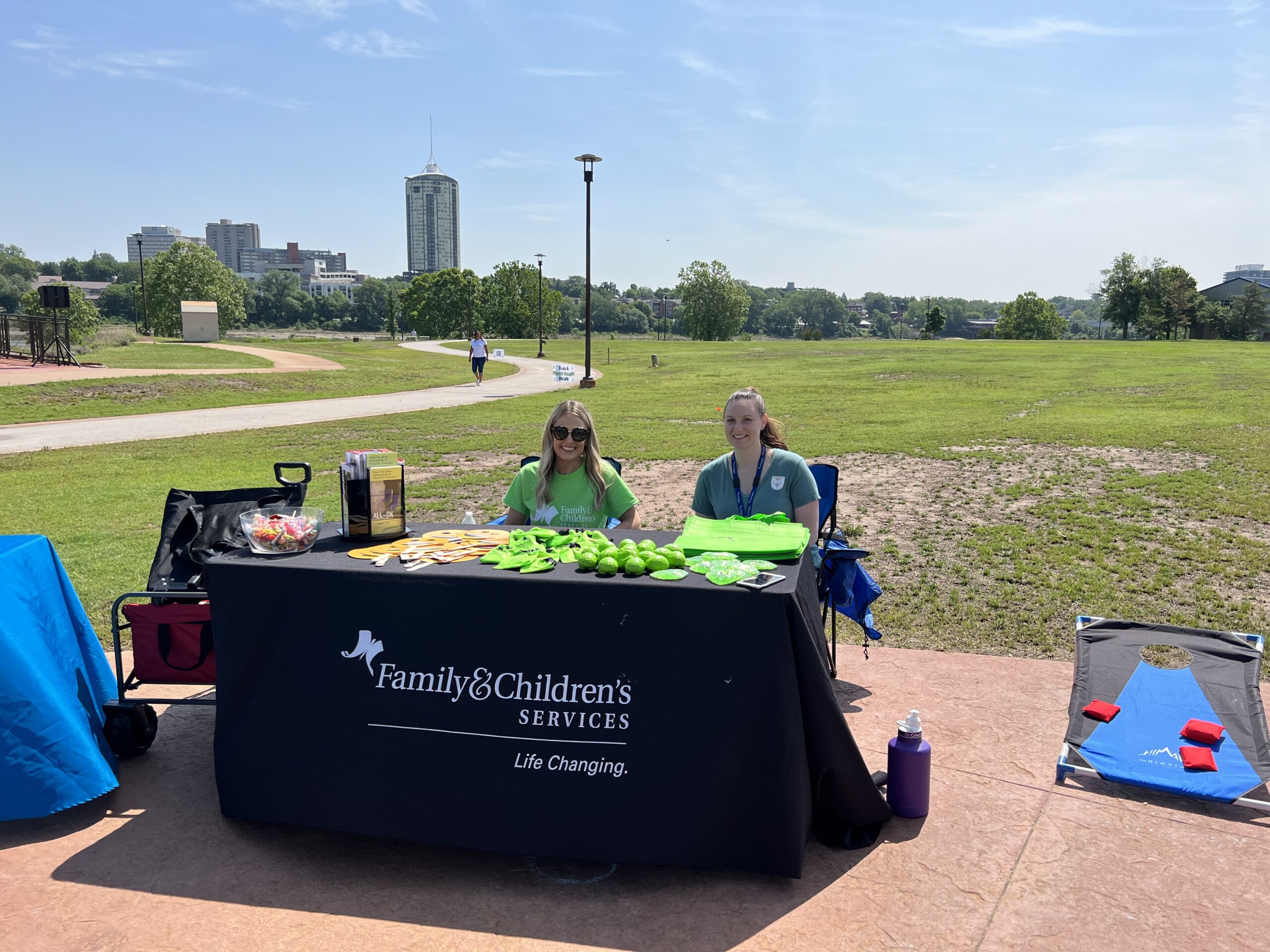May is Mental Health Awareness Month.
Family & Children’s Services (FCS) joins other organizations to raise awareness and reduce the stigma (negative attitudes and misconceptions) that surrounds mental illnesses. The stigma around mental health and treatment has long existed, even though this has started to change. Still, people hesitate to seek help or even talk about it with their loved ones for fear of being judged and facing unnecessary backlash. Simple logic dictates that if we are hurt anywhere, we must seek treatment to get better. This applies to both our mental and physical well-being. Our hope is to change the way our communities view mental health and serve as a resource.
This year, our focus is “Mental Health Matters,” and throughout the month, we will be focusing on different topics and resources. Mental health is the lens through which we all see the world around us. It’s what guides our personal reality, and as a result, it guides how we initiate activities and respond to outside stimuli. When we are affected by mental challenges or illness, our proactive behavior as well as our reactive behavior can be impacted. Sometimes these impacted behaviors are readily apparent to others; at other times, they can be subtle, hidden from others and perhaps even from ourselves.
We hope that during this month, you will recognize that taking care of your mental health is vital, mental illnesses are real, it’s okay to ask for help and recovery is possible. You CAN find a balance between life’s ups and downs, happiness and health. For assistance, contact us at 918.587.9471.












